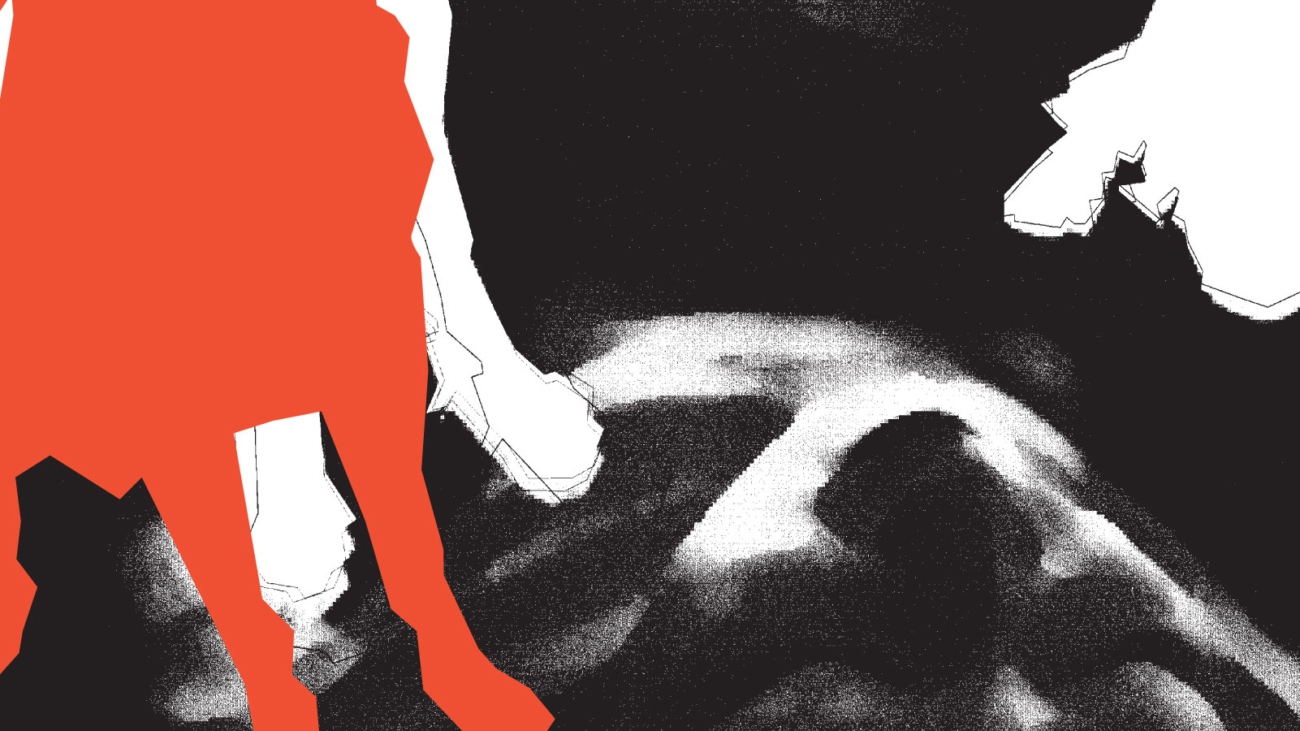At sunset the smell of sandalwood incense wafts up from the downstairs portico, where our neighbor is doing pooja in front of her sacred tulsi plant, the pot decorated with a smiling goddess. The call to prayer sounds from a nearby mosque. Men go strolling in the lanes, their hands behind their backs, their colorfully patterned lungis fluttering at their ankles. At the transition from day to evening, India spreads her mysteries once more.
Like most international travelers I arrived in India for the first time in the middle of the night. It was hot, and there were people everywhere I looked: not just milling in crowds inside and outside the airport, but lying in neat rows on the pavement and even sleeping under the sinks in the bathroom. I met an older Western man who quoted me a line from Siddartha by way of friendly advice: “I can wait, I can sit, I can fast.”
That I fell in love with the place on first sight was no less a surprise to anyone else who had me pegged as a Europhile, high-culture type. Aside from a dilettantish interest in meditation and yoga that are fairly standard components of the New York lifestyle, I was never much of an Orientalist. But the way India seduced me was not by appealing to my intellect, but rather by delivering a massive hit to my senses and capturing my imagination.
In the morning of my first day in the country I saw a man pushing a cartload of grapes down the road. They glowed in the sun’s rays like heaps of amber jewels. It was the first of many moments which crystallized the utter exotic strangeness of everyday life in this country: rows of scribes clattering away on manual typewriters, taking dictation from their clients sitting next to them on the pavements: huge trucks moving building debris, but painted with the names of gods, demon masks, lotuses and eagles, and hung with garlands of f lowers. Even animals were different from the West: I was taken aback to see dogs climbing over high walls or curled in a ball asleep, a hair’s breadth from traffic passing on the road. Cows, of course, I was prepared for, but not ones wearing curly-tippedblue shoes.
Over and over again, I would ask myself: am I seeing that, or is it a dream? Plants I’d known as small, tame residents of windowsills and desks at home I now encountered as tall trees or luxuriant vines. In the markets, men sat drinking tea and chatting next to the f layed carcasses of goats, the boiled skull and hooves like some sinister talisman beside them. The boundary between life and death, spirit and matter, seemed tenuous at best, and people were communicating with those other realms all the time. A half-naked priest dashed coconuts with all his might on the ground beside a temple. A woman passing a bull in a market reached out to touch the bull’s f lank, and then to bless herself. Penitents carrying brightly-colored vessels of holy water from the Ganges marched in a long line down the road.
Experiencing this coexistence of mental realities is a challenge for most Westerners. Some deny it; some abhor it; some embrace it; few fail to be marked somehow by the encounter. Years before I went to India, an artist told me, “As soon as you get off the plane, you’ll have the head of an elephant.” At the time I thought he was mad, but now I concede his point. Because if you’re open to the gods and goddesses, they have a way of getting into your head and making you see things with different eyes. When I went back to New York, I found myself yearning for India like I’d yearn for an absent lover. I would go to Indian neighborhoods just to walk around with my eyes half-closed, breathing in the smell of incense and food cooking. I started listening to ghazals, the most melancholy and poignant of love songs. It was a true Oriental romance, the kind of love that characters in medieval Urdu literature warn one another about: “What will you gain from listening to my story?” asks one such lovelorn traveler. “You will only leave your home and your country, your property and your wealth to wander about, getting nothing out of life.”
Had someone given me such advice, it would have fallen on deaf ears. After a year and a half of pining away, I decided there was nothing to do but go back. I quit my well-paid, secure, easy job in Manhattan, gave up my cheap, spacious apartment in a trendy part of Brooklyn, and sold off or gave away most of my possessions. My second time in India found me falling in love again, only this time with a person, which was the cleverest of clever ways the gods could have devised to make me stay.

